Who we are
The Evangelical Methodist Church is a christian Church rooted in the heritage of protestant reformation.
The name of the Church shows the duplicity of her identity. EMC is:
Evangelical
Because the Church is first and foremost based on the Gospel or the good news of salvation through Jesus Christ. The reformers called their churches evangelical because they wanted to restore the Church according to the evangelical standards (german: evangelisch). Later the recognized protestant Churches continued to call themselves “evangelical” on Croatian territory.
Methodist
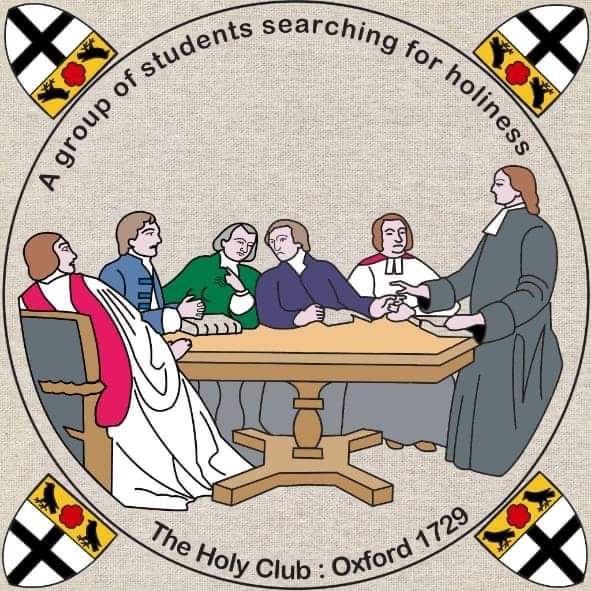
This name was given outside the original movement, similar to the name “protestant”. It speaks of the methodical seriousness of the Church restoration movement that started in the 18th century. During that time a group of young theologians and priests of the Anglican Church longed for spiritual renewal, they incorporated strict and methodical Christian rules as guidelines of their impact. They studied Scripture (about 3 hours daily), fasted two times a week, visited prisoners and gathered donations for the poor, which in those times brought a spiritual and social restoration of society.
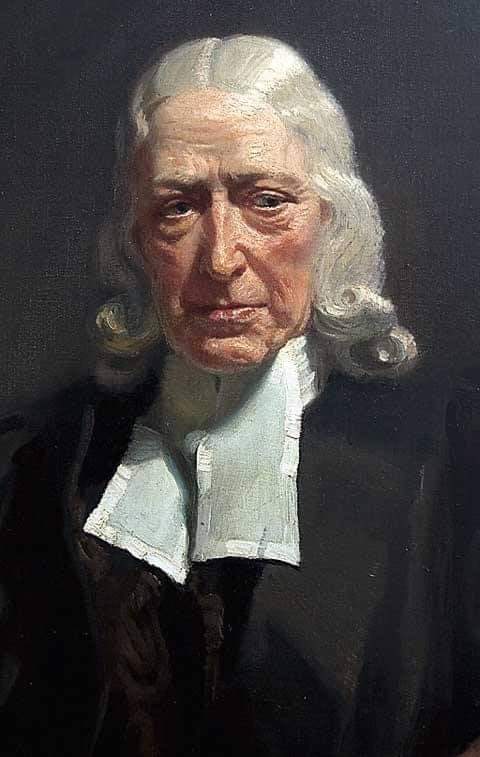
The prominent leaders of the movement were Anglican priests: John and Charles Wesley and George Whittefield. Apart from Anglican theology, Methodists drew out parts of their theology from Lutheran pietism from German countries, so it can be said that Methodist grasped the main Protestant doctrines without adding new confessions. One of the most important guidelines of Methodist were the outreaches, so the movement spread very fast establishing itself first in Anglosaxon regions, following the rest of the world.
Methodism in the World
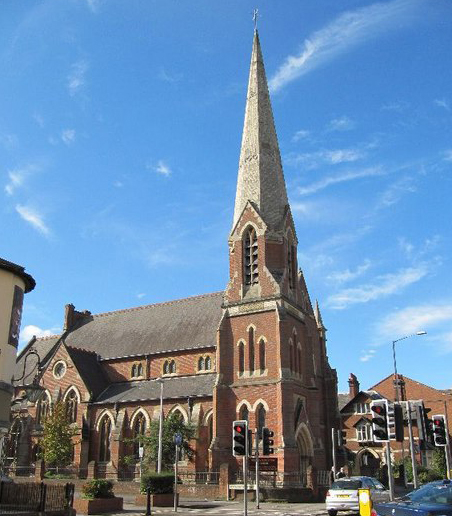
Today Methodism is globally spread and about 50 million people are considered Methodists who are spread throughout different Churches and denominations. Most of them are traditionally located in the USA, but growing Churches of today are in Africa and Asia (Philippines and South Korea) and the Latin America.
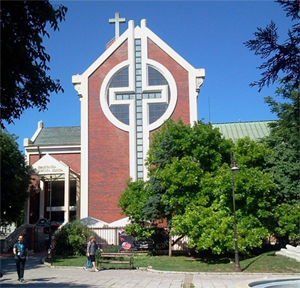
In Europe most of the Methodists are in Germany, UK, Switzerland and Scandinavia, but Methodist Churches are also present in countries neighboring Croatia: Hungary, Serbia (Vojvodina), Austria, Macedonia, Italy, Bulgaria and Romania.
In Croatian regions
In Croatian regions Methodism was present from the end of the 19th century: first and foremost among protestants in Srijem, where it needed to work under the name of the society “Blue Cross” because of the religious restrictions of the gouverment. In the region of Istria which was a part of the Kingdom of Italy by the end of the II WW, there was an organized church community in Pula which was left abandoned by exodus of the italian population. After the independence of Croatia, EMC was registered under the pastoral care of Petar Žunić who led the church community in Split until his retirement. In the year of 2021. Vatroslav Župančić who is the pastor of church community in Zagreb takes the supervision of the Church in Croatia.
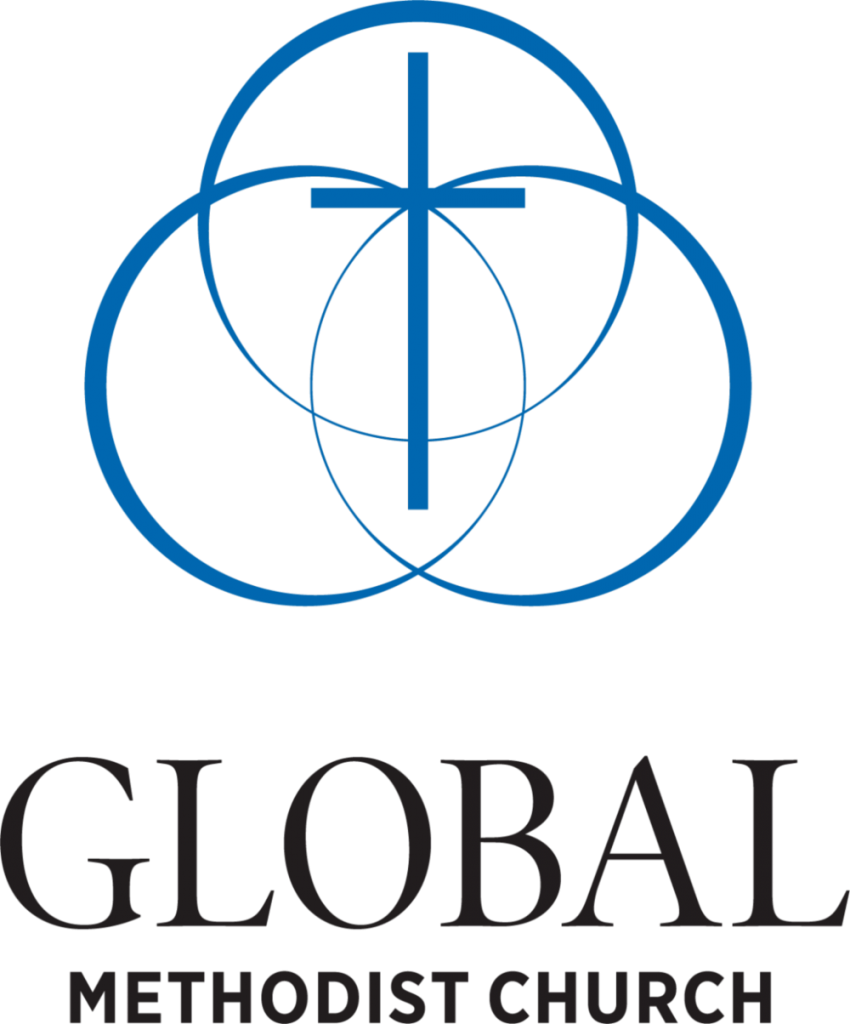
Evangelical Methodist Church in Croatia belongs to the Wesleyan Covenant Association (https://wesleyancovenant.org/), as a transitional organisation of the Global Methodist Church, with them it shares the foundations of belief and values of evangelical-wesley identity (https://globalmethodist.org/).
We are partnering with the Protestant reformed christian Church in Croatia and cooperate with other protestant and evangelical churches in Croatia and in the World.
EMC as Church
Evangelical Methodist Church is a community of believers in Jesus Christ who’s main goal is glorifying God and proclaiming his Word. The Church is defined as a spiritual community where the word is being preached, sacraments administered (baptism and the Lords supper), worship and prayer services held, Christian love displayed, discipline and fellowship lived. At the same time the Church is an organization who also works in the secular world and has its own structures, organisation and gouverning bodies
Ministries of the EMC
In the EMC as in other Methodist Churches there are: ordained and lay ministries.
Ordained Ministries is held by a called and appointed minister who’s main goal is to preach the Word of God, pastoring the church community and handing out the sacraments: baptism and Lords Supper (Eucharist). Candidates for the ministry are being prepared through theological education, practical service to the community, and after preparation, are confirmed and introduced into the ministry through ordination by laying on of hands by the bishop. Ordained ministers are connected on a local, national, regional and global level through alliances: so called Methodist connexion.
Lay ministries are the second pillar which grounds the Church and local Church community and stands in parity with spiritual ministries. Layman take part in organizing and leading the community and do varieties of help services in the ministry: from administrative, technical to helping in preaching as layman preachers. Believers choose and suggest their layman representatives who together with their pastors form the eldership of the Church: from the local Church community and branches, up until the Church on a national level and international board.
Structures and organization of EMC
The highest gouverning body of EMC is the council which once a year holds a annual conference as a church synod of EMC in Croatia. Participants are representatives of local church communities, pastors (in the ministry and retired), chosen or delegated representatives of layman and district overseers (superintendents). Over the annual conferences presides the senior pastor (superintendent) of EMC in Croatia with the participation of a regional bishop. The delegates of the Conference represent the EMC in international, regional and global bodies of the Methodist Church.
Conference of the church community is the highest instance of local church community and branch in reference to administrative questions and strategies of the community.
